It’s human nature to only appreciate greatness when the person has retired or has passed on. It’s seldom we bestow greatness on someone during their time in action. We only look back reminiscing on the good old days, it’s only then we want to honour the legends and sometimes it’s too late. Born in the small town of Despatch in the Eastern Cape, he went on to study at the University of Free State. It is in Free State where he got his big break in rugby as he got to play for Free State making his debut in the Currie Cup in 1994 as a loose forward. He then went on to represent the Springboks in 1997 starting as a flank and went on to play at the 1999 Rugby World Cup. He then played for the Cats, now known as Lions and also played for the Western Province. After his playing career he went on to get his break as a coach of his previous team the Free State Cheetahs in 2004.
Other Coaches Who Have Come Before Him
Whilst the country was in the euphoria of the end Apartheid, the Springboks took inspiration from this going on to win the 1995 Rugby World Cup under the leadership of coach Kitch Christie, he went unbeaten during his tenure between 1994 and 1996. The Springboks did not enjoy much success between 1997 to 2006 with the notable achievements being winning the 1998 and 2004 Tri-Nations, reaching the semi finals of the 1999 Rugby World Cup and tied the then-existing record for longest test winning streak of winning 17 consecutive tests in 1998. Glory returned to the Springboks in 2007 under the leadership of Jake White winning their 2nd Rugby World Cup, he went on to resign after this triumph. After the success of 2007 the Boks went through a difficult era of little tangible success with coaches such as Peter de Villiers, Heyneke Meyer and Allister Coetzee. The lowest point being losing to Japan at the 2015 World Cup now known as The Brighton Miracle under the guidance of Heyneke Meyer. Along came Coach Rassie in 2018.
Rassie Erasmus’ Achievements
Having begun his coaching career in 2004 at Free State Cheetahs, he went on to win the Currie Cup with Free State in 2005 their first trophy since 1976. He went on to be appointed as Technical Adviser to the Springboks for the 2007 Rugby World Cup winning team. He then moved to Western Province as part of the technical team, with coach Allister Coetzee leading the Stormers to the 2010 Super Rugby Final. He was back again as part of the Springboks Technical team as Technical Specialist for the 2011 Rugby World Cup not enjoying much success with the team this time around. He then went overseas to join Irish provincial side Munster as the Director of Rugby on a three-year contract in 2016. However, he went on to be appointed as the head coach of the team following the passing of coach Anthony Foley, still maintaining his role as Director of Rugby. His highest achievement was leading the team to the final of the 2016/17 Pro 12 losing to Saracens, however he was honoured with the 2016–17 Pro12 Coach of the Season award. He was then appointed as the Director of Rugby of the Springboks on 30 June 2017 and later replaced Allister Coetzee as head coach of the Springboks on 1 March 2018. He went on to enjoy instant success by beating the All Blacks in Wellington for the first time since 2009 in the Rugby Championship. This psychological boost then led to the Springboks going on to win the 2019 Rugby World Cup defeating England in the final in Tokyo. He went on to repeat the feat with the Springboks as defending champions by winning the 2023 World Cup defeating New Zealand in the final in Paris, becoming the only coach to do so, as Head Coach in both tournaments . He carried the momentum with the Springboks into 2024 winning the Freedom Cup defeating New Zealand back-to-back in Joburg and Cape Town.
Is Rassie Erasmus The Greatest Springboks Coach of All Time?
Considering his achievements, in a world where we celebrate greatness posthumously. Is it wrong to give Rassie his flowers now, when he can still smell them? Coach Kitch Christie was only given his, when he was long gone being inducted into the World Rugby Hall of Fame in 2011. Can we say had Kitch Christie stayed longer he would have achieved more and his 1995 triumph being the first given the circumstances, there can never be anyone better than him?

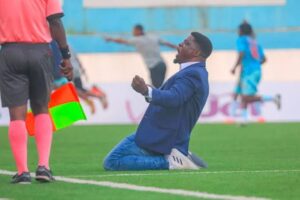




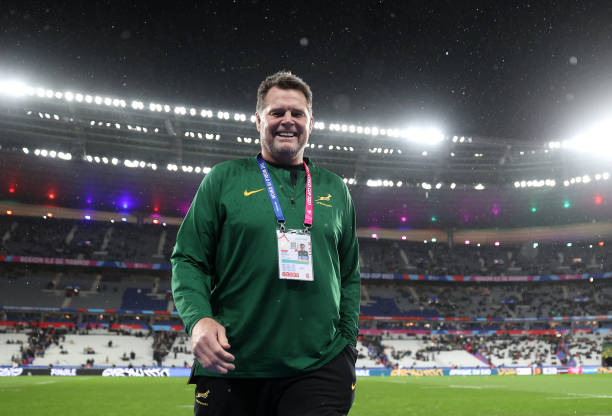
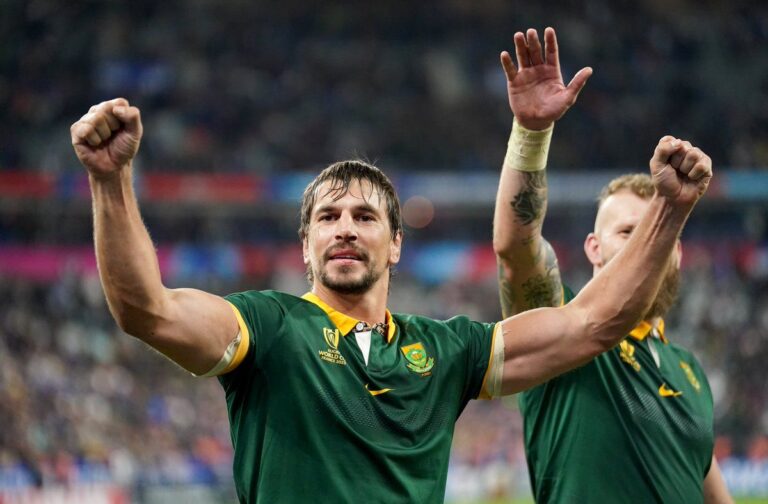
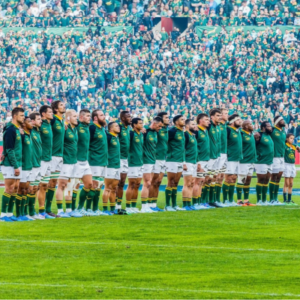
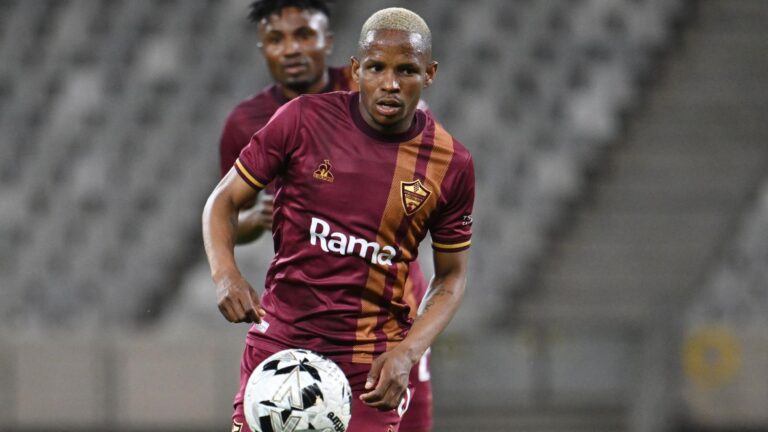
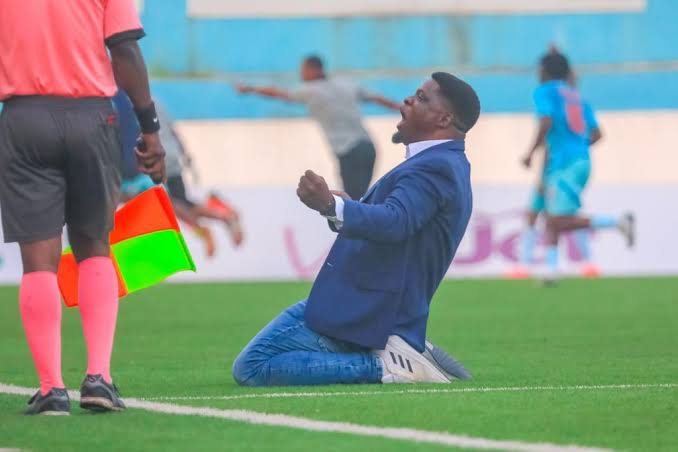
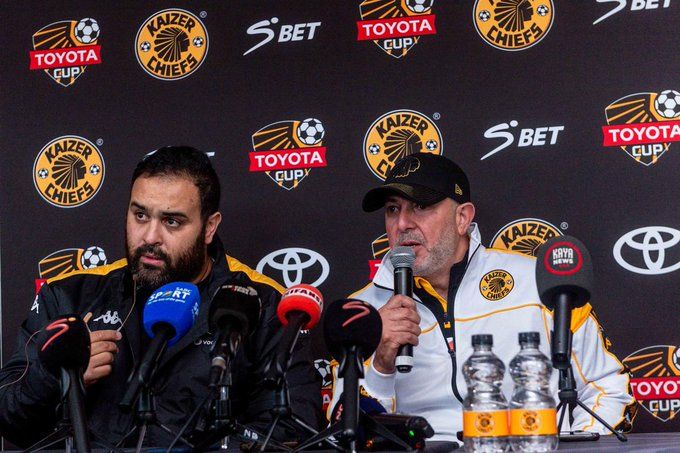
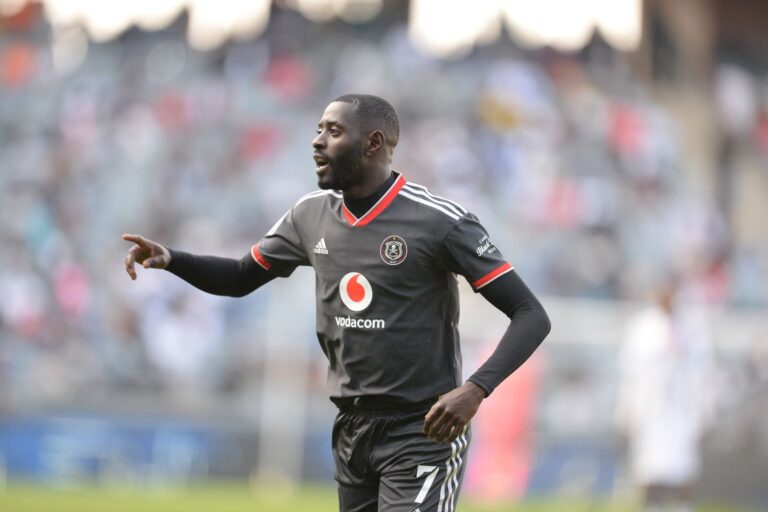
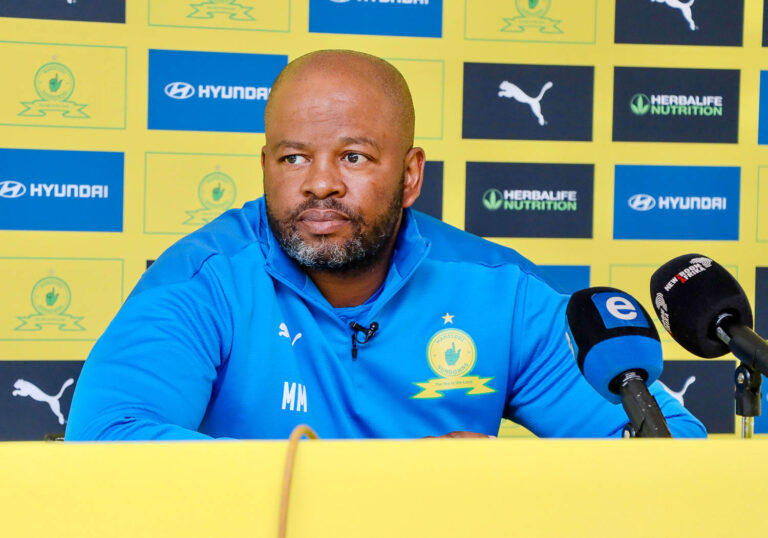
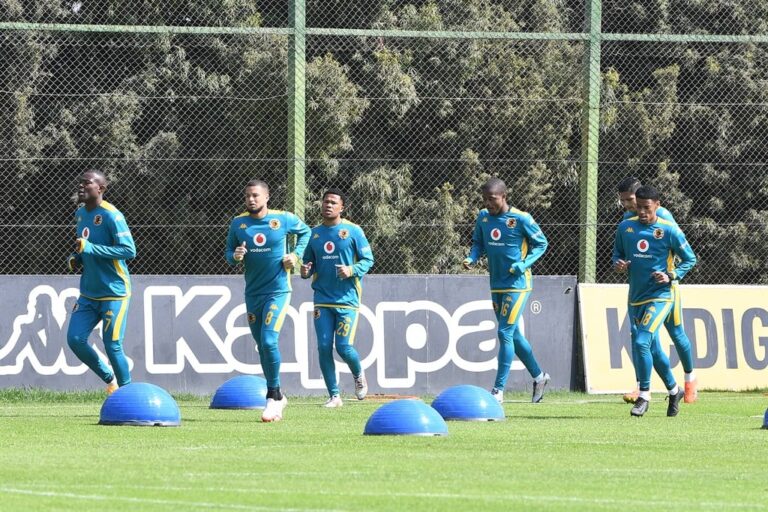
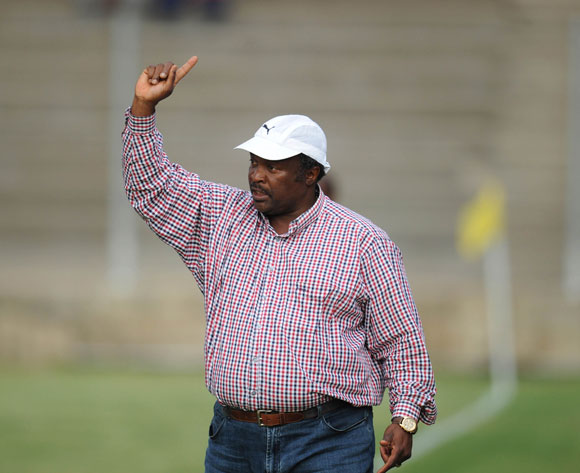
+ There are no comments
Add yours